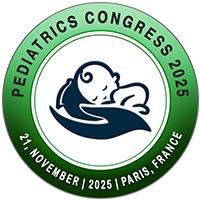
Raquel Bernal-Calmarza
Tarazona Health Center, SpainPresentation Title:
Is artificial intelligence able to discriminate paediatric emergencies?
Abstract
Introduction: high-frequency emergency department use is repeated emergency visits for reasons that do not require urgent attention. Its impact on the health care system is significant. Artificial intelligence (AI) has the potential of reducing high-frequency use.
Methodology: we assessed the agreement between the information for 101 common diseases provided by Gemini AI, a free and open-access service, and the current scientific evidence. We used the adjusted kappa coefficient in this analysis.
Results: the AI provided responses for all the 101 diseases considered. The kappa coefficient was 0.857 (95% CI, 0.002) for the identification of the disease, 0.888 (95% CI, 0.003) for the identification of warning signs, 0.876 (95% CI, 0.005) for establishing the need to visit the emergency department and 0.915 (95% CI, 0.003) for the appropriate recommendation of measures.
Conclusions: the text-based artificial intelligence exhibited substantial agreement with protocols used for identification of diseases based on symptoms, and near-perfect agreement for determining the need to visit the emergency department, identifying warning signs and providing therapeutic recommendations. The level of agreement was higher for common diseases and children aged more than 3 months.
Biography
Raquel Bernal-Calmarza completed her speciality in Paediatrics in 2019 in Miguel Servet Universitary Hospital (Zaragoza, Spain). Since them she has practiced ambulatory medicine in different health centers in Spain.

